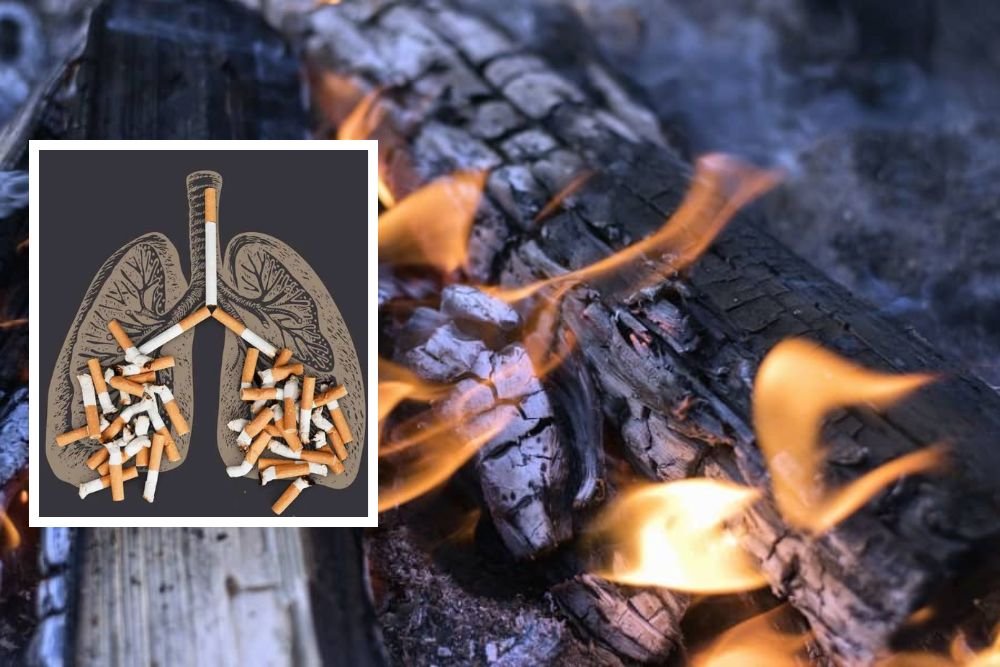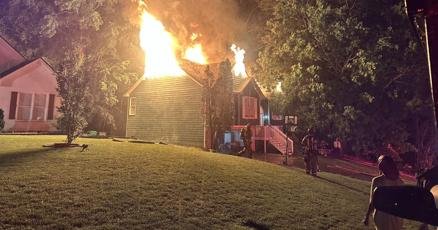Study Warns Indoor Wood Burners May Damage Lungs Similar to Cigarette Smoke
WASHINGTON, D.C. — A new study presented at the European Respiratory Society Congress warns that indoor wood-burning stoves could damage lungs in a way comparable to cigarette smoke, raising fresh concerns about the health risks of the increasingly popular heating method.
Tiny Particles, Big Risk
Researchers from University College London studied health data from more than 11,000 participants in the English Longitudinal Study of Ageing, comparing it with property energy performance certificates and census data.
They found that wood burners are a major source of PM2.5 pollution — microscopic particles that can penetrate deep into the lungs. PM2.5 levels from stoves were linked to faster declines in lung function over time.
Faster Decline in Lung Function
Using repeated lung tests over eight years, researchers measured forced expiratory volume in one second (FEV1) — how much air a person can exhale after a deep breath.
- People aged 70–79 using solid fuels like wood burners lost an average of 0.12 liters of lung capacity, compared to 0.07 liters among non-users.
- Wood fuel use in the UK rose from 10% in 2004 to 18% in 2021, even in urban areas with Smoke Control Zones.
Lead researcher Dr. Jennifer Horsfall said: “High levels of particulate matter from stoves damage respiratory tissues, causing inflammation in a similar way to cigarette smoke.”
Calls for Greater Awareness
Asthma and Lung UK CEO Sarah Sleet said the findings should raise alarm: “The payoff of having a wood burner for the aesthetic isn’t worth the detrimental impact it could have on your family’s lungs.”
Experts at the European Respiratory Society echoed the need for public health guidance and stricter regulation, warning that even newer eco-design stoves may not be entirely safe.
Environmental and Health Implications
Beyond direct health effects, experts noted that non-native and traditional fuel sources add to air pollution, which has been linked to asthma, COPD, and lung cancer.
The study urges governments to consider domestic wood burning as an environmental risk factor when assessing unexplained respiratory decline in patients.
Do you believe governments should regulate indoor wood-burning stoves more strictly to protect public health? Share your thoughts in the comments on SaludaStandard-Sentinel.com.







